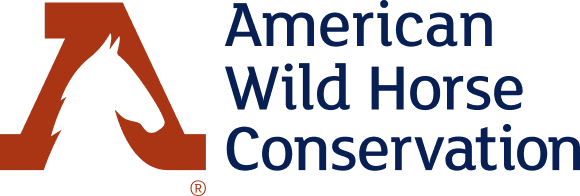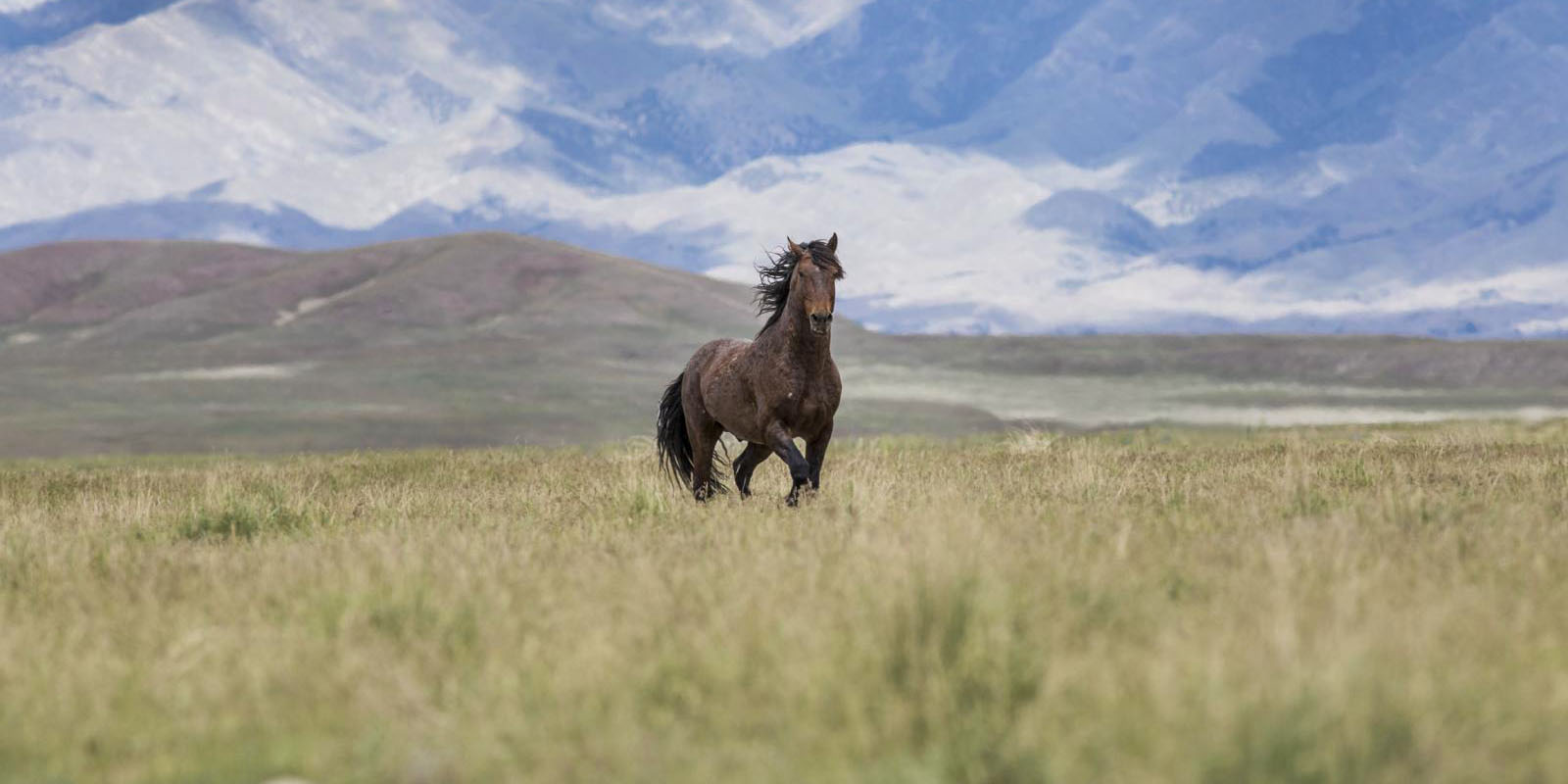By Dennis Webb, The Daily Sentinel
July 28, 2021
The Bureau of Land Management is taking new steps to try to prevent wild horses and burros, such as the animals currently being rounded up south of Rangely, from ending up being illegally sold for slaughter by people being paid up to $1,000 an animal by the BLM to adopt them.
The agency announced on Monday that it will take additional measures to secure the health and safety of animals adopted out under the Wild Horse and Burro Adoption and Incentive Program.
The announcement follows reports by the American Wild Horse Campaign and in a New York Times story that some animals adopted out under the program have been sold for slaughter by people collecting the incentive payments.
“We are committed to the health and safety of adopted wild horses and burros,” BLM Deputy Director for Programs Nada Wolff Culver said in a news release. “While the vast majority of adopters already adhere to our requirements to provide a good and caring home, the BLM is now taking additional steps to secure the health and safety of adopted animals. We will begin to make additional compliance visits post-adoption, bring more scrutiny to potential adopters, and increase warnings to sale barns about the risks of illegally selling wild horses and burros, among other steps.”
The agency’s action comes as it also began an effort on Monday to remove an estimated 450 horses from the West Douglas Herd Area about 20 miles south of Rangely in Rio Blanco County, using a helicopter to drive animals toward a temporary corral. The goal is to remove all the horses in the herd area, which is west of Colorado Highway 139. The agency considers the area inappropriate habitat for the animals due to complex terrain and lack of summer range. The BLM manages the 190,000-acre Piceance-East Douglas Herd Management Area east of the highway as a location designated as appropriate for wild horses.
The removal operation for the West Douglas herd is being undertaken under an emergency basis due to extreme drought that has impacted forage and water availability. In addition, this year’s Oil Springs Fire has burnt about 60% of the herd’s summer forage, said BLM spokesman Chris Maestas.
“It just made it that much harder for them,” he said.
On Monday, 28 horses were removed under the operation, which is expected to last about 19 to 25 days.
The horses are to be shipped to a Canon City holding facility with the goal of adopting them out. According to the BLM, it’s currently estimated that there are more than three times as many wild horses and burros on public lands than is ecologically sustainable. Over the decades it has placed more than 270,000 horses and burros into private care, including more than 8,250 through the Adoption Incentive Program since March 2019.
Under the incentive program, the agency limits adopters to assuming title to no more than four animals in 12 months, and prohibits transfer of title for at least 12 months from the adoption date. Program participants receive half the $1,000 incentive payment when adopting an animal, and the rest a year later when the title is transferred.
The American Wild Horse Campaign says it and other groups have confirmed that 89 animals from the incentive program ended up in kill pens in the past seven months. The Times article said truckloads of horses adopted under the program went to slaughter.
Among the measures the BLM is now incorporating, it plans to inspect horses and burros adopted through the program within six months of the adoption date, rather than just before the title is transferred in 12 months.
The American Wild Horse Campaign said in a news release that while the BLM’s earlier inspection could uncover abuse and neglect of some animals, it won’t prevent people from sending animals to auction after receiving the second payment.
“The changes the BLM is vowing to implement will be rendered meaningless without the elimination of the cash incentives for the adoption of untamed, wild mustangs and burros,” Suzanne Roy, executive director of AWHC, said in the release.
The BLM said in its announcement that it will continue to work with stakeholders to evaluate other changes to the program, and look at changes to federal regulations to strengthen protections for adopted horses and burros.


